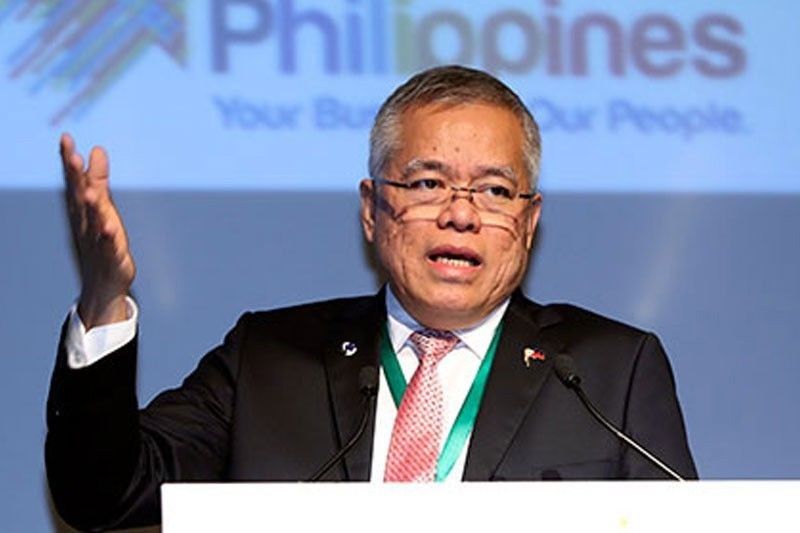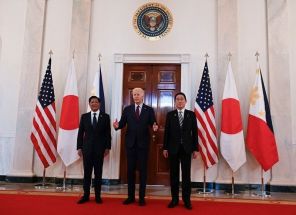Regional trade pact on track for November signing – DTI

MANILA, Philippines — The Regional Comprehensive Economic Partnership (RCEP) is on track to be signed by November this year as the participating countries have addressed almost all remaining issues in the upcoming trade deal, the Department of Trade and Industry (DTI) said.
Trade Secretary Ramon Lopez yesterday said almost all outstanding issues on the mega trade deal were resolved during the 8th RCEP Intersessional Ministerial Meeting attended by trade ministers of the Association of Southeast Asian Nations member states and its five partners Australia, China, Japan, New Zealand and South Korea.
“While there were many challenges along the way, we kept our focus on the value and importance of RCEP and the merit of fostering regional cooperation,” he said.
“The conclusion of RCEP negotiation is a good symbol that notwithstanding the current pandemic, many great things can be accomplished, such as the affirmation of an international rules-based system for trade and investment in the region,” he said.
Negotiations for the RCEP were launched in 2012.
India, initially among the participating countries, backed out from the deal last year amid several concerns including the entry of goods from other countries which may harm its local industries.
Despite its withdrawal, trade ministers remain open to India’s participation in the RCEP, which aims to create the world’s biggest trade bloc.
Once in place, the RCEP will account for 30 percent of the world’s global population at 2.2 billion and 28.2 percent of the global gross domestic product at a combined $23.9 trillion.
In addition, the bloc will account for 27.8 percent of the total trade at $10.5 trillion, with $5.5 trillion to be accounted for by exports and $4.9 trillion by imports.
The RCEP is also seen to contribute to 23.6 percent of global inward foreign direct investment and 33.5 percent of global outward FDI.
“With RCEP, enhanced market access for trade and investment will be established. This means that the Philippines can improve its export competitiveness in key products—such as garments, automotive parts, and agricultural products like canned food and preserved fruits—while encouraging more investments in the country in vital sectors such as research and development, financial services, game development, and IT-BPO (information technology - business process outsourcing),” Trade Assistant Secretary Allan Gepty who serves as lead negotiator of the deal said.
Lopez said the RCEP would also benefit the Philippines in terms of the jobs to be created for Filipinos, as well as the enhanced participation of micro, small and medium enterprises in the global value chain.
“We are optimistic about the future of the country as we are set to conclude a historic milestone, especially in this time of crisis and the region’s post-pandemic recovery,” he said.
- Latest
- Trending





























